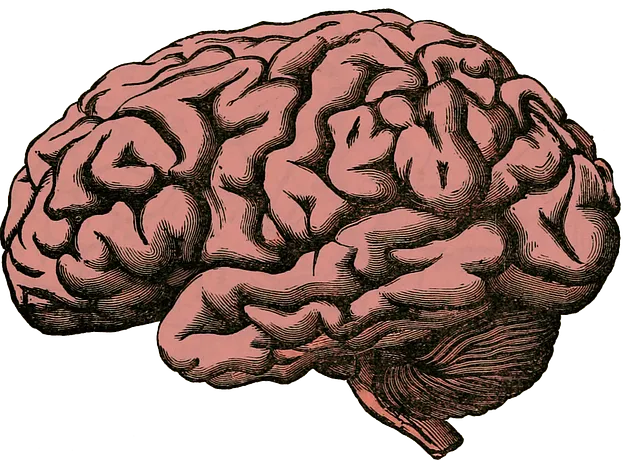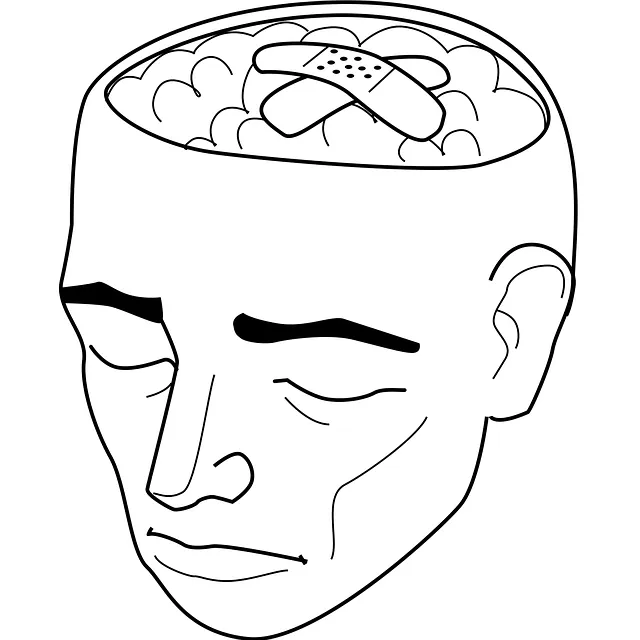Castle Rock Kaiser Permanente behavioral health phone number offers RFM (Recovery, Resilience, Mindfulness) exercises for improved mental well-being. This holistic framework guides individuals through trauma recovery, cultivating mindfulness for current challenges and adopting positive mindsets to cope with future adversity. By integrating these practices, patients enhance self-awareness, improve coping strategies, manage stress effectively, and achieve better overall well-being. RFMs prioritize cultural sensitivity, foster understanding between patients and staff, and prevent burnout among healthcare professionals. These exercises empower individuals with skills for navigating life's challenges, promoting happiness and balance.
“Discover how Resilience, Flexibility, and Mindfulness (RFM) exercises are transforming mental well-being at Castle Rock Kaiser Permanente Behavioral Health. This article explores the power of RFM in stress management, drawing from the successful integration at CRKP.
Learn about the benefits for individuals seeking support, and gain practical tips on implementing RFM techniques. Contact CRKP at their behavioral health phone number to explore these innovative practices further.”
- Understanding RFM and Its Role in Resilience Building
- Implementing RFM Exercises at Castle Rock Kaiser Permanente Behavioral Health
- Benefits of RFM for Mental Well-being and Stress Management
- Best Practices and Tips for Effective RFM Integration
Understanding RFM and Its Role in Resilience Building

Resilience is a cornerstone of mental well-being, enabling individuals to navigate life’s challenges and adversity. RFM (Recovery, Resilience, and Mindfulness) exercises are designed to fortify this resilience, especially in stressful times. At Castle Rock Kaiser Permanente behavioral health phone number, professionals often utilize these techniques as part of their crisis intervention guidance, focusing on mental health awareness and effective communication strategies.
The RFM framework offers a holistic approach to building resilience by promoting recovery from past traumas or stressors, fostering mindfulness for present-day challenges, and teaching individuals how to cultivate positive mindsets that enhance their ability to cope with future adversity. By integrating these practices into their lives, folks can develop a stronger sense of self, improve coping mechanisms, and better manage stress, ultimately leading to improved overall well-being.
Implementing RFM Exercises at Castle Rock Kaiser Permanente Behavioral Health

Castle Rock Kaiser Permanente Behavioral Health has been at the forefront of implementing innovative resilience-building exercises, known as RFMs, to enhance patient care and staff well-being. These exercises focus on improving communication strategies and cultivating cultural sensitivity in mental healthcare practice, which are vital components for a supportive and inclusive environment. By incorporating RFMs into their routine, the facility aims to prevent burnout among healthcare professionals, ensuring they can maintain optimal performance over time.
The RFM exercises are designed to engage both patients and staff in meaningful conversations, fostering a deeper understanding of each other’s experiences and perspectives. Through these interactions, Castle Rock Kaiser Permanente Behavioral Health hopes to create a more harmonious atmosphere, where every individual feels valued and respected. This approach not only contributes to improved patient outcomes but also encourages staff members to maintain their passion and dedication in providing quality mental healthcare services.
Benefits of RFM for Mental Well-being and Stress Management

The implementation of RFM (Resilience, Flexibility, and Mindfulness) techniques offers a myriad of benefits for mental well-being and stress management. These practices, often incorporated into behavioral health programs, such as those provided by Castle Rock Kaiser Permanente, aim to empower individuals with effective coping strategies. By fostering resilience, people can better navigate life’s challenges and adapt to stressful situations with enhanced flexibility.
RFM exercises focus on developing mental wellness coaching programs that teach individuals valuable skills, including social skills training and mindfulness practices. This holistic approach to behavioral health development enables folks to manage stress, improve emotional regulation, and promote overall mental wellness. Such initiatives can be a game-changer in helping people lead happier, more balanced lives.
Best Practices and Tips for Effective RFM Integration

Implementing RFM (Resilience, Flexibility, and Mastery) exercises effectively requires a strategic approach to integrate these practices seamlessly into existing behavioral health programs. At Castle Rock Kaiser Permanente, we’ve found success through several best practices. Firstly, Communication Strategies are key; ensuring clear, consistent, and culturally sensitive messaging promotes patient engagement and understanding. This is particularly important in diverse communities, reflecting the practice’s Cultural Sensitivity in Mental Healthcare. Incorporate RFM techniques gradually into treatment plans, allowing patients to build resilience over time through structured activities tailored to their needs.
Encourage open dialogue about emotional experiences, providing safe spaces for expression. Foster a sense of mastery by setting achievable goals and celebrating successes. These strategies not only enhance coping skills development but also strengthen the patient-therapist relationship, fostering an environment conducive to long-term resilience building.
The implementation of RFM (Resilience, Flexibility, and Mastery) exercises at Castle Rock Kaiser Permanente Behavioral Health has demonstrated significant benefits for mental well-being and stress management. By integrating these practices, individuals gain valuable tools to navigate life’s challenges. For those seeking support, contacting the Castle Rock Kaiser Permanente behavioral health phone number can initiate a journey towards enhanced resilience and improved overall health. This approach, highlighted in our discussion, offers a promising path forward for managing stress and cultivating mental fortitude.

